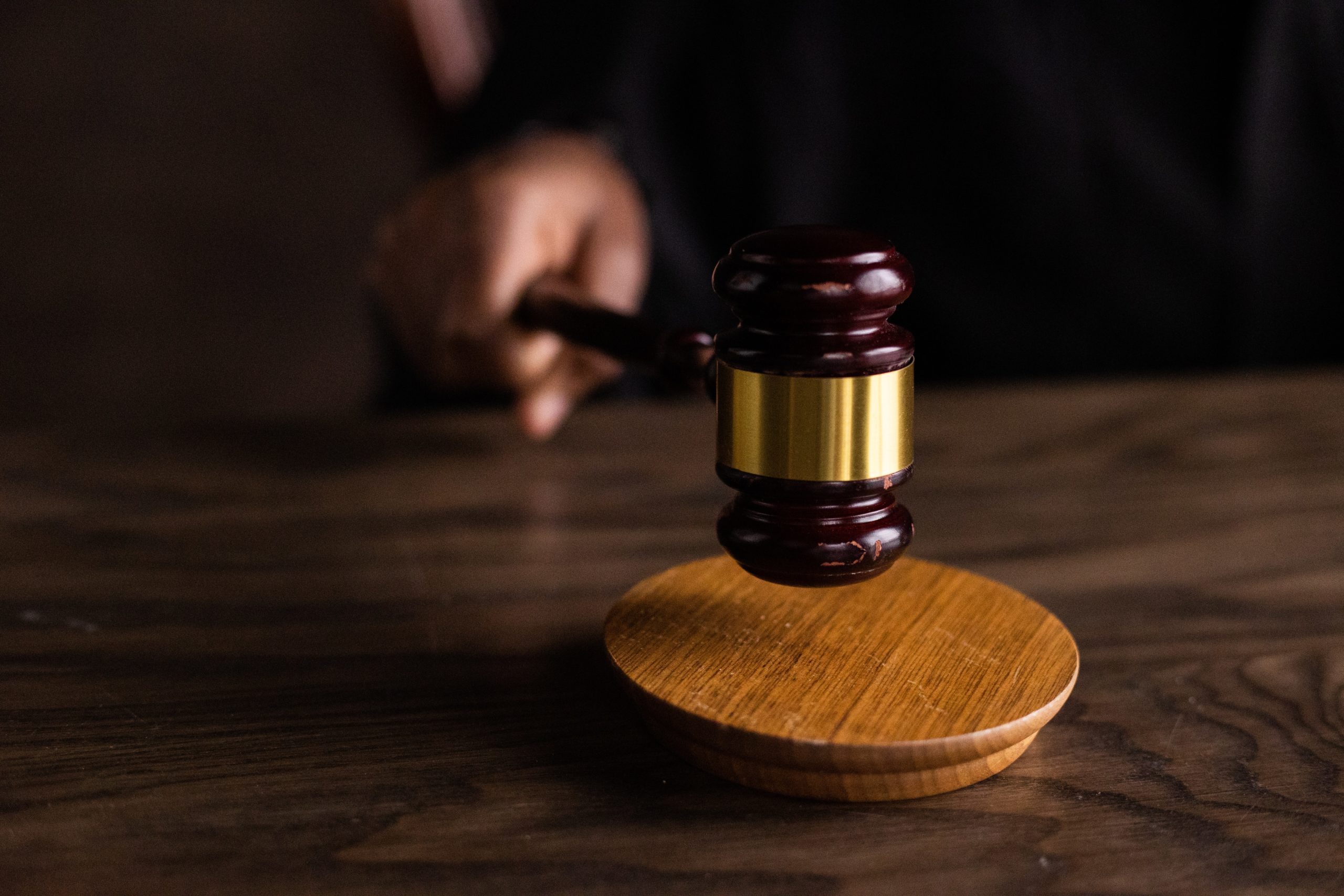New California Bill to Decriminalize Psychedelic Drugs
A new proposed bill may see California become the latest state to decriminalize psychedelic drugs for personal and therapeutic use. The bill, introduced by Democratic state Senator Scott Wiener, would decriminalize psychedelic substances, including psilocybin, LSD, MDMA, ketamine, mescaline, and DMT. It would also expunge the criminal records of anyone convicted of possession of psychedelic drugs.
A Brief Overview of Psychedelic Drugs
So exactly what are psychedelic drugs? Psychedelics, also known as hallucinogens, are perception and mood-altering substances that can cause a person to see, hear, or experience things in a distorted way.
Examples of psychedelic drugs include:
- Psilocybin, also called ‘magic mushrooms’—‘shrooms’ for short—are a naturally occurring hallucinogenic. Mushrooms cause sensory hallucinations, distortion of reality, and euphoria.
- LSD, or lysergic acid diethylamide, produces vivid sensory hallucinations, leading to overstimulation while also activating serotonin receptors.
- MDMA, also called ‘ecstasy’ or ‘molly,’ is best known as a party drug. This is because MDMA’s stimulant and hallucinogenic properties elicit feelings of wellbeing, euphoria, and emotional warmth.
- Ketamine is a high-powered anesthetic, often referred to as a horse tranquilizer. In medical settings, ketamine is sometimes preferred as it sedates without causing skeletal muscle relaxation.
- Mescaline is a hallucinogenic alkaloid found in the North/South American cactus peyote. It has known uses as a Native American religious intoxicant as certain tribes consume it during spiritual and religious ceremonies. Its effects are similar to LSD, often creating hallucinations in all the senses.
- DMT, or N-dimethyltryptamine, is naturally-occurring in many North/South American plant species. DMT is the primary intoxicating ingredient in ayahuasca. It often elicits an intense, otherworldly, out-of-body experience.
The Therapeutic Benefits of Psychedelic Drugs
Aside from their recreational uses, these substances also have medical benefits, especially in psychotherapeutic treatments for mental health disorders and addiction.
Ketamine has shown promising results in treating clinical depression and reducing suicidality. LSD shows signs of being a favorable therapeutic treatment for alcoholism. MAPS is currently studying the potential effects of MDMA for trauma therapy. DMT is now undergoing research to see how it can benefit patients recovering from a stroke. Early data reports that DMT promotes neurogenesis and neuroplasticity in lab rats.
In a 2019 article published on Vox.com, journalist Sean Illing discusses his findings on psychedelic drug treatment and how it may affect the future of psychotherapy. The research, it seems, is widespread and continues to grow day by day. Reputable organizations like Johns-Hopkins, New York University, and even the FDA are now supporting the use of certain psychedelic drugs for therapeutic purposes.
Attitudes Towards Drugs Are Changing
Forty or 50 years ago, decriminalizing psychedelics would have been unthinkable. But the tide is turning against the Reagan-era War on Drugs. Now, it seems, the healing potential of these substances is greater than we could have imagined.
We would be remiss, however, if we didn’t mention the addictive properties of these substances. As with any medication, misuse has consequences. It is best to use psychedelic therapeutics under the supervision of medical professionals to ensure safety and best practices.
Is Our Future Psychedelic?
This proposed bill is good news for incarcerated individuals with possession convictions and mental health advocates. And while psychedelic drugs and their healing properties are still under investigation, the research looks promising.
If you or a loved one struggles with addiction or mental health issues, Landmark Recovery is here to help. Reach out today to find a location near you.

Choose Recovery Over Addiction
We're here 24/7 to help you get the care you need to live life on your terms, without drugs or alcohol. Talk to our recovery specialists today and learn about our integrated treatment programs.
About the Author
Landmark Recovery was founded with a determination to make addiction treatment accessible for all. Through our integrated treatment programs, we've helped thousands of people choose recovery over addiction and get back to life on their own terms. We're on a mission to save one million lives over the next century. We encourage all those struggling with substance use to seek professional help.




